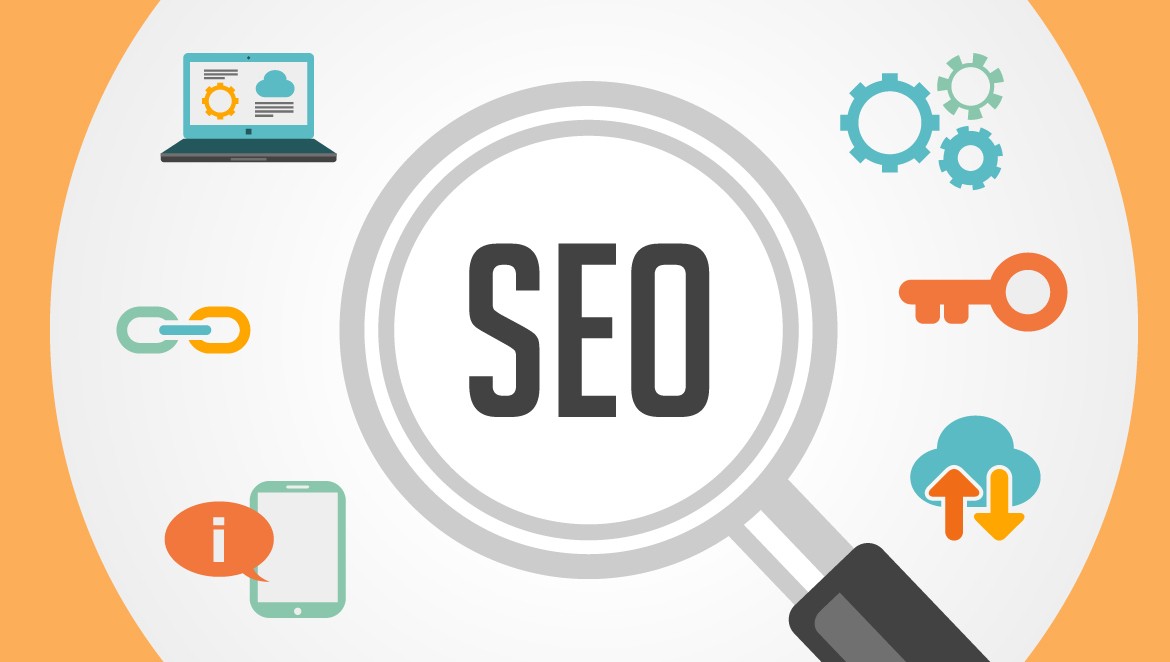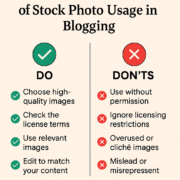7 Things Small Businesses Need to Do to Up Their SEO Game
The modern business landscape is fiercely competitive because the internet has changed everything. Organizations are no longer competing with rival firms in their area code. Instead, they face competition from companies worldwide.
This changing landscape has also affected how businesses market their products and services. Companies are increasingly eschewing traditional marketing channels for digital marketing ones. However, the digital marketing landscape has also become competitive as companies try to outdo each other to get more online traffic because it’ll lead to higher sales.
Small businesses often struggle to compete in such a landscape, but that doesn’t have to be the case. Utilizing a robust SEO strategy can help your business organically gain considerable traffic and compete with your industry’s titans. It’s important to remember that your budget doesn’t affect your SEO strategy’s effectiveness. It’s your approach that determines how things pan out for your business. Focusing on your business’s technical, on-page, and off-page SEO can yield excellent results, especially if you know what you’re doing.
For instance, one of the quickest and most effective ways for small businesses to up their SEO game is through topic clusters. If you’re unfamiliar with topic clusters, here are some topic cluster examples to help you get started. In addition, this article also includes other beneficial SEO tips to help you step up your game and rank higher on SERPs.
How Small Businesses Can Step Up Their SEO Game
Here’s how small businesses can step up their SEO game:
1. Conduct an SEO Audit
An SEO audit is the logical first step if your business already has a website. It’ll evaluate how your website ranks in SERPs, identify areas for improvements, and give you a better idea of the things holding you back from ranking higher in SERPs. For instance, your website might not utilize an internal linking structure, lack high-quality backlinks, or have technical SEO issues. An SEO audit is a good starting point to help you identify what needs work.
2. Do a Thorough Keyword Research and Focus on Target Keywords
On-page SEO particularly relies on keywords. Hence, you must develop a solid keyword strategy incorporating long-tail, short-tail, and localized keywords for the best results.
Researching keywords might seem laborious, but it’s worth it because proper keyword research will provide excellent results. In addition, your target keywords will impact your content strategy.
3. Enhance Your Website’s Technical SEO
Technical SEO often intimidates some site owners because they feel they’re not up to the task since they don’t possess coding and programming skills. While some aspects of technical SEO require coding skills, such as improving your website’s loading speed, you can focus on other technical SEO aspects, such as ensuring images load properly and aren’t too heavy, XML sitemaps are implemented properly, etc.
You can also check your website to ensure there are no 404 pages or 301 redirects because they’ll affect your site’s overall ranking in SERPs. Enhancing your website’s technical SEO with the assistance of a reputable technical SEO agency is one of the quickest ways to rank higher in SERPs.
4. Improve Your Website’s Loading Speed
Nothing frustrates internet users more than a slow-loading website. Research shows that your website starts to lose users if it takes longer than four seconds to load because they’ll abandon the web page and go to another site.
Therefore, you’ll want to ensure your website loads quickly. Otherwise, its bounce rate will increase, affecting SERP rankings.
Various factors can affect website loading speed, including your web hosting service, advertisements, embedded media, images, code, etc.
Ensure your website’s code is well-optimized because dense code can cause it to load slower. Similarly, refrain from adding too many advertisements to your website because it’ll increase your loading time. Many website owners often make the mistake of opting for the cheapest web hosting service they can find. However, these web hosting services often sacrifice performance for affordability, meaning your website will load slower. You also want to refrain from using too many images because they’ll result in slower-loading pages.
Furthermore, consider testing your website on different browsers to see how it responds. Also, use tools like Google’s Page Speed Test to ensure your website’s loading speed is up to par.
5. Ensure Your Mobile SEO is On-Point
Research shows nearly sixty percent of internet traffic originates from a mobile device, and this number continues to grow. Google already switched to mobile-first indexing in 2020, meaning crawlers now access a website’s mobile version when indexing it. Therefore, your website’s mobile SEO needs to be on-point. Otherwise, you’ll struggle to rank well in SERPs.
One of the most important things to focus on is ensuring your website’s mobile and desktop versions present visitors with the same content. In addition, your website must also have a responsive design, meaning the layout automatically fits a mobile device’s screen size and resolution.
Since mobile devices have smaller screens, you’ll also want to keep URLs, titles, and meta descriptions concise. Lastly, avoid adding pop-ups to your website because they can be difficult to close on small screens.
6. Local SEO Matters
Local SEO becomes more important as more users use mobile devices to browse the internet. Most buying journeys today start with an online search. In addition, people with localized search queries have a greater purchasing intent because they have already done the pre-requisite research about a particular product or service. They’re just looking for how or where to buy it.
Local SEO requires using location-specific keywords. In addition, they also use keywords like “where to buy” or “near me.” Ensure you utilize such keywords in your keyword strategy for better results.
7. Develop Your Website’s Internal Linking Structure
Most small businesses are so concerned with backlinks and external links that they ignore developing an internal linking structure. Internal links connect one page of your website to another. For instance, let’s assume you sell smartphones. You create a blog post about the five best smartphones under $500 in 2023. This sort of blog post performs well and ranks high on SERPs, generating considerable traffic. You’re missing out on opportunities if you’re not internally linking. For instance, you have at least five internal linking opportunities in this blog post. You could link each phone’s product page on your website in this blog post to redirect customers if they wish to purchase a particular smartphone.
Internal links create more conversion opportunities. Moreover, they help with SEO efforts because crawlers can easily find other pages and index them.
Conclusion
Small businesses often get dissuaded with their SEO efforts because it can be challenging to compete against larger corporations. However, that doesn’t mean your business can’t utilize SEO to rank higher in SERPs. A smartly devised SEO strategy can help you get the most value for your money, allowing you to rank higher in SERPs. Consider implementing these tips to increase your website traffic and sales.




